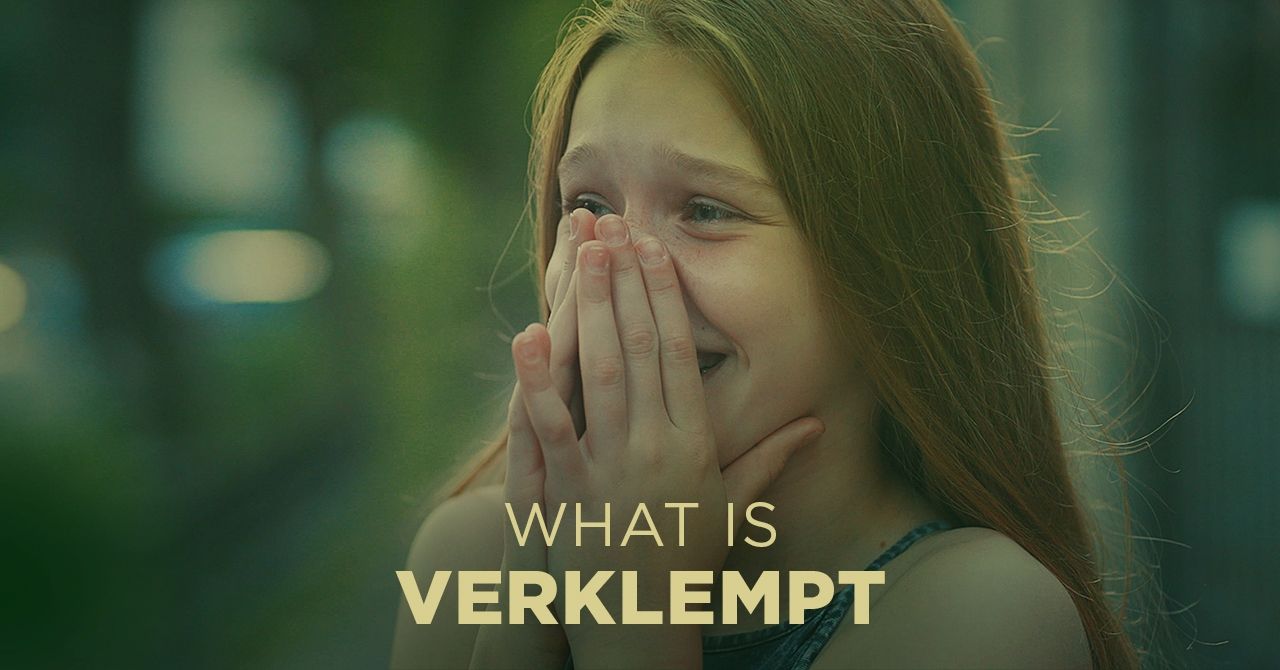
The History, Definition, and Usage of the Word “Verklempt”
“Verklempt” is one of many Yiddish words that have found their way into the English vernacular.
“Verklempt” is one of many Yiddish words that have found their way into the English vernacular. It is an adjective—to be verklempt, meaning to feel choked up by emotion, usually tears of some sort, whether happy or sad.
It also suggests a state of bewilderment: the emotional shock you have experienced disconnects you from yourself and from the moment and leaves you struggling to regain your composure in the midst of intense feelings.
People often use it to describe their reaction to an event, such as a wedding or a breakup, or to an encounter with pronounced nostalgia. Written out, it is often italicized in acknowledgment of its linguistic importation.
Let’s take a closer look.
A bit of background
As exemplified by “verklempt,” Yiddish has its roots in German: much of the twentieth century was a stage of conflict between Jewish communities who prioritized the preservation of Yiddish and those who did not, and the scattering of these two groups due to the persecution practices of the Holocaust.
In keeping with German spelling and grammatical traditions, the ver- suggests something happening to the subject (vergessen, for example, is “forgotten”). The root of the word derives from klemmen, whose meanings range from “to press, squeeze” or “to block, oppress.”
Put together, these parts create a word that evokes the overwhelming feeling of strong emotion when it comes upon you.
Examples of using “verklempt” in a sentence
Here are some common ways to use “verklempt” in a sentence:
The grandmother was decidedly verklempt as her grandson crossed the stage at his graduation.
I couldn’t help but get verklempt looking at my old high school yearbook.
I’ll talk to you in a minute, I’m a little verklempt right now.
I have extensive experience writing in a variety of genres, from literary novels to music reviews to academic articles. I appreciate the power of words.

